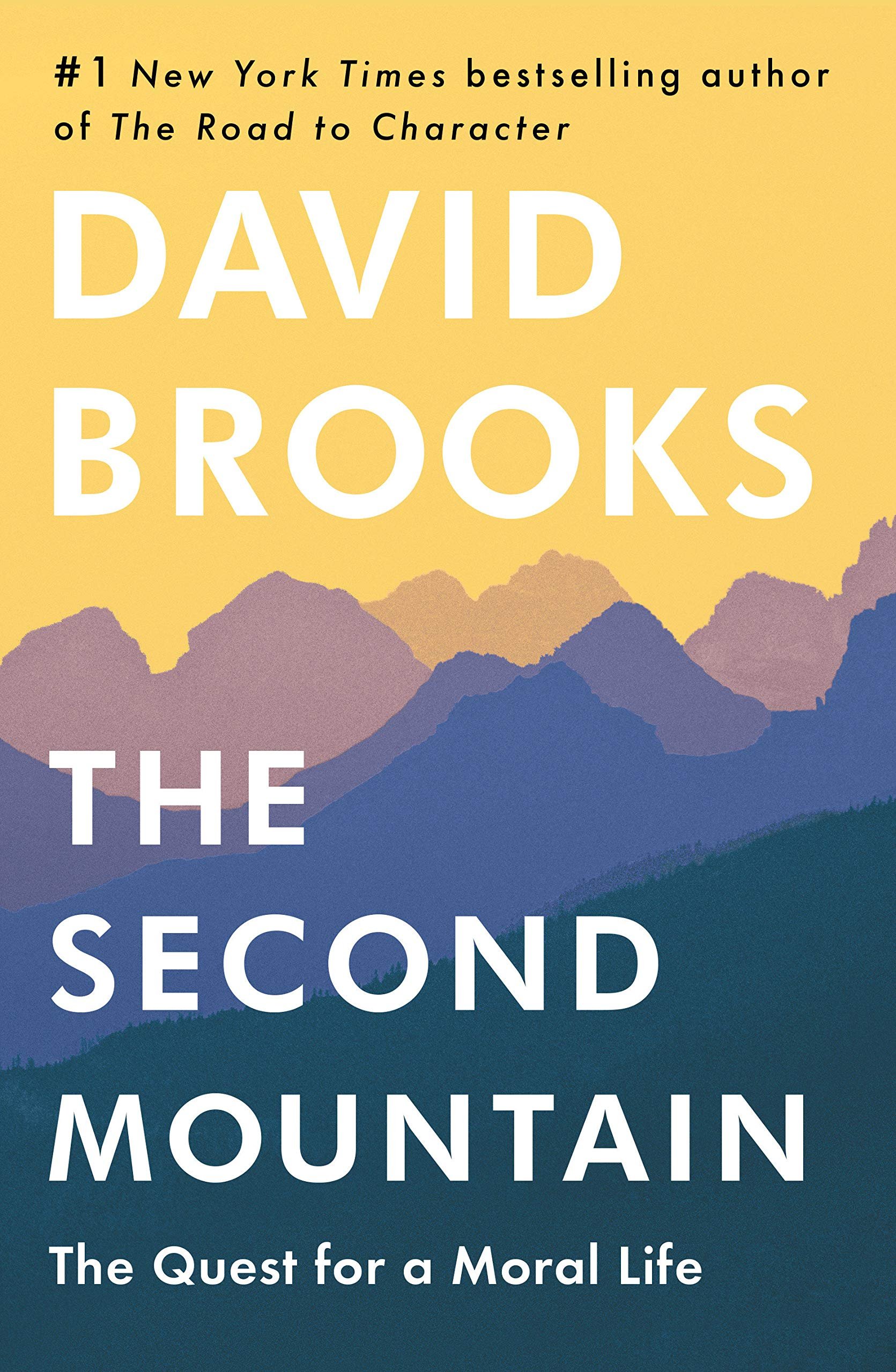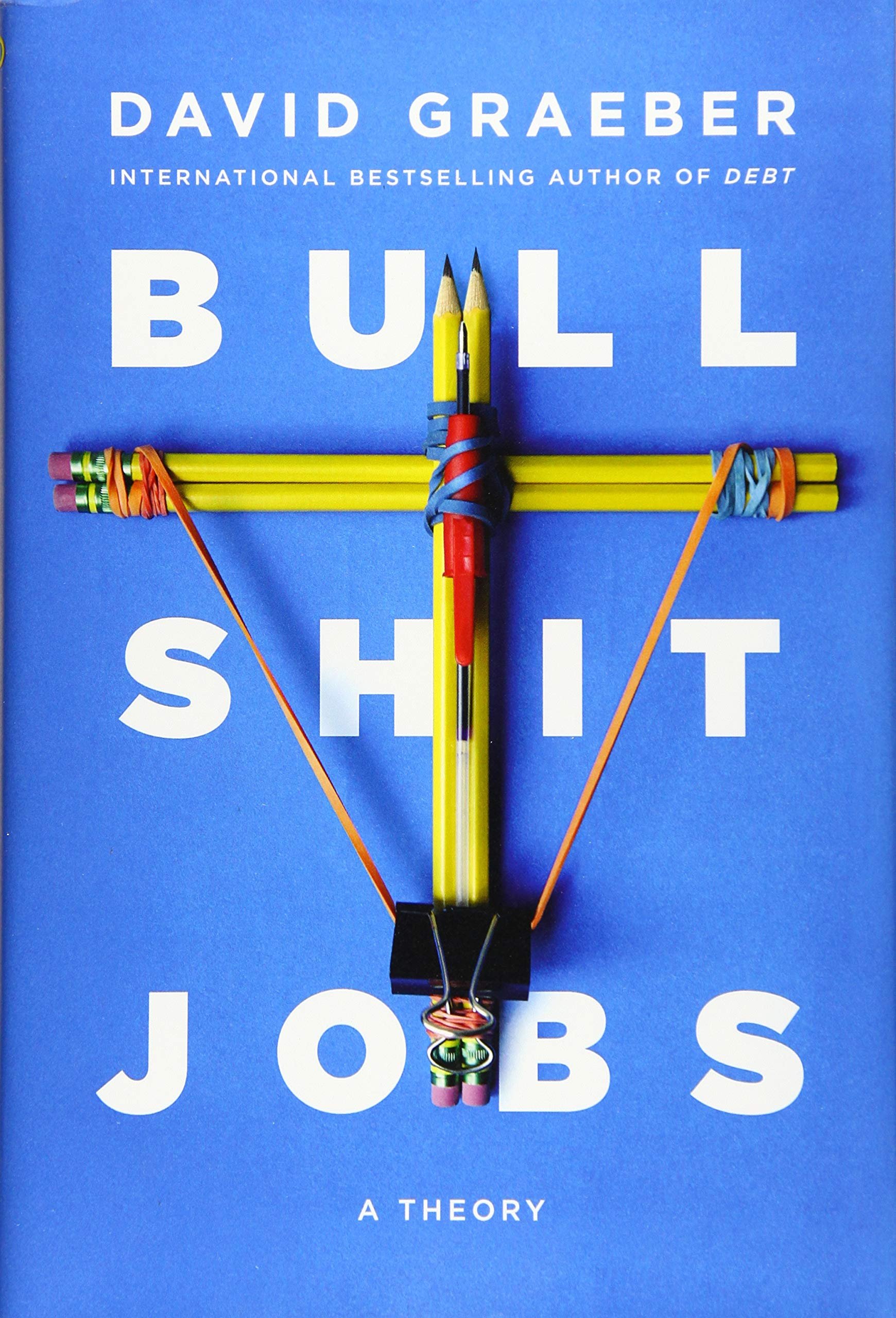5 Career-Changing Books To Read At Your Own Risk
Tackling Tough Decisions at Work
It's only been 2 weeks since my departure from the corporate grind but the countless questions I've received typically fall into 3 categories:
Why? Why did you "really" leave your job, especially if you loved it so much?
What? What are you going to do now?
How? How did you decide to do it?
I covered "why" two weeks ago on this blog. I took an awkward swing at "what" last week in an AdAge interview with a very patient reporter. So I thought I'd share some solid resources for "how" I started to think about leadership, success, family and life very differently, over a very long period of time
I'm a book guy. Not because I think I'm smart but because I know I'm not. I love "Borrowing Off Other's Knowledge" (B.O.O.K.) and have experienced the significant, truth-revealing impact of trying to be wiser in virtually ever area of my life. I love Seth Godin's revelation that a book is really "a souvenir of an idea." Books are brain hacks. I get a chance to think wiser before I am wise.
This is a list of the 5 souvenirs I've borrowed wisdom from that have transformed how I work.
1. The Second Mountain by David Brooks
What's It About?The Second Mountain explores four commitments that contribute to a meaningful life - Family, Vocation, Faith & Community - by viewing our struggles and experiences as a series of mountains, and valleys.
My Experience: I read this right after devouring David's accompanying book, The Road To Character, in 1 weekend. Now I'm a retired 41-year-old recovering marketer with an empty inbox and a joyful outlook. Approach with caution.
Excerpts of Borrowed Wisdom:
All their lives they've been taking economics classes or living in a culture that teaches that human beings to pursue self-interest - money, power, fame. But suddenly they are not interested in what other people tell them to want.
The "how do I succeed?" questions quickly eclipse the "why am I doing this?" questions. Suddenly your conversation consists mostly of descriptions of how busy you are.
The insecure overachiever never fully wills anything and thus is never fully satisfied. His brain is moving and his status is rising, but his heart and soul are never fully engaged.
A man's never out of work if he's worth a damn. It's just sometimes he doesn't get paid.
Most of the time we aim too low. We walk in shoes too small for us. We spend days shooting for a little burst of approval or some small career victory. But there's a joyful way of being that's not just a little bit better than the way we are currently living; it's a quantum leap better.
"Lucky is the man who does not secretly believe that every possibility is open to him."
- Walker Percy
2. When Work and Family Collide by Andy Stanley
What's It About? Many of us end up cheating our families when our work commitments collide with our personal obligations. When Work & Family Collide presents an actual strategy for establishing priorities and protecting boundaries without sacrificing results or relationships.
My Experience: My wife conveniently bought this for me in between marathon months of international business travel and 24 hours later I knew I needed to reset my priorities. I stopped pretending that my achievements were "all for the family" or part of "God's calling" and called it what it was. Ego. It's brutal but this books shares a courageous way to lead your team and your family.
Excerpts of Borrowed Wisdom:
Everybody cheats. Try thinking of it as simply choosing to give up one thing in hope of gaining something of greater value. The issue is never "am I cheating?" but always "where am I cheating?"
Your problem is not discipline. Your problem is not organization. Your problem is not that you have yet to stumble upon the perfect schedule. The problem is this: there's not enough time to get everything done that you're convinced - or others have convinced you - needs to get done.
Both work and family originate with the same source: God. He created them to peacefully coexist.
Work is about doing. Family is about being. You can't "fix" your family. You can't "fix" your marriage. You can't "fix" your kids.
We ask God to fill a gap at home that only we can fill, while we scurry off to do a job that a thousand other people could do.
You love your family in your heart, but you don't love them in your schedule. And they can't see your heart.
- Andy Stanley
3. It Doesn't Have to be Crazy At Work by Fried & Hansson
What's It About? The chaos, anxiety and stress of "normal" work isn't even normal, it's stupid. It Doesn't Have To Be Crazy at Work asserts the difference between crazy busyness and focused productivity isn't longer hours but less waste, distraction and complexity. Great lessons for leaders who finally realize that teams are part of your product.
My Experience: After I took on the lead marketing role at Patrón Tequila reporting to the CEO I was catapulted into a matrix of invisible expectations, conflicting priorities and seismic cultural change. I learned that the first step in protecting a brand or business is protecting the energy, focus and clarity of the people who run it. I read this book during a winter vacation on the Colorado slopes where I paid good money learning how to fall in snow. So I came back ready to walk into better habits for myself and my team.
Excerpts of Borrowed Wisdom:
It's time for companies to stop asking their employees to breathlessly chase ever-higher, ever-more-artificial targets set by ego.
Hustlemania has captured a monopoly on entrepreneurial inspiration. This endless stream of pump-me-up quotes about working yourself to the bone. It's time to snap out of it.
A great work ethic isn't about working whenever you're called upon. It's about doing what you say you're going to do, putting in a fair day's work, respecting the work, respecting the customer and respecting your coworkers.
Companies love to declare "we're all family here." No, you're not. The best companies aren't families. They're supporters of families. Allies of families. You don't have to pretend to be a family to be courteous.
Workaholism is a contagious disease. You can't stop the spread if you're the one bringing it to the office.
- Jason Friend & David Hansson
4. Bullshit Jobs by David Graeber
What's It About? Besides having the best title ever, Bullshit Jobs presents a humorous yet prodigiously researched case for measuring the value of a job by its contributions to society. As you can guess, bullshit jobs represent employment that is so completely pointless and unnecessary that even the employee fails to justify its existence. There are 5 types of bullshit jobs. If you're reading this and wondering you likely have one.
My Experience: I hated this book for the first hour after it fell into my hands 3 years ago at one of the Harvard University book stores. Then I couldn't put it down for the rest of the week. Honestly, David makes amazingly profound arguments as to why bullshit jobs even exist - hint, it's not all your fault - and which occupational categories top the list. I offer his reflections below with neither condemnation or commentary.
Excerpts of Borrowed Wisdom:
Examples of jobs that contribute measurable social value: Researchers (medical, etc.), School Teachers, Engineers
Examples of bullshit jobs that are measurably useless: Lawyers, Advertisers/Marketers, Corporate Middle Managers, Financial Managers.
Huge swathes of people spend their days performing tasks they secretly believe do not really need to be performed. The moral and spiritual damage is profound. It is a scar across our collective soul yet virtually no one talks about it.
The 5 types of bullshit jobs:
Flunkies - Exist only or primarily to make someone else look or feel important. Examples: doormen, concierge, receptionists, marketing coordinators.
Goons - Employed muscle used to manipulate via aggression. Examples: lobbyists, PR specialists, telemarketers, corporate lawyers, hitmen.
Duct Tapers - Exist only because of a glitch or fault in the organization that should be fixed. Examples: some developers, corporate underlings, project managers.
Box Tickers - Exist to allow an organization to claim it is doing something that is isn't. Examples: some diversity & HR roles, corporate or government compliance, presentation designers.
Taskmasters - Unnecessary superiors that exist solely to assign work to others or create new pointless tasks. Examples: most middle management, university deans and chancellors.
Those who believe they have bullshit jobs are generally correct.
- David Graeber
5. RISE by Patty Azzarello
What's It About? Building a career should feel less like playing Jenga and more like a series of lessons, challenges and connections that help you create meaningful work. RISE is one of the few books written by an executive that attempts to share hard fought wisdom instead of showcasing personal accolades. It's a reality check not a highlight reel. Patty's follow-up book, MOVE: How Decisive Leaders Execute Strategy Despite Obstacles,Setbacks and Stalls, is equally as notable as she focuses on leading large scale transformations.
My Experience: I've purchased at least 50+ copies of this book for teams, mentees and peers. Patty takes the peer advice normally reserved for close friends and lays it all out like an episode of TMZ (without the celebrities). I appreciate her candor and directness as she shares her personal motivations for wanting to succeed, while giving readers a dose of corporate reality. Mo' money mo' problems.
Excerpts of Borrowed Wisdom:
Ask your team, "How bad is it if we fail?" You will then see an actual priority emerge.
Delivering work is not the same as delivering value. The most effective leaders have mastered a useful kind of selfishness and laziness.
It is up to you to put yourself in a job where you can thrive. To redefine the terms under which you are willing to work. Stop doing your job as defined.
They shoot workhorses. Don't be a workhorse. Be recognized for getting the important work done but not doing it all personally.
You get paid the first $250,000 for your brains. The second $250,000 for frustrating, time-wasting, disheartening big company slowness and bureaucracy. Anything north of $500,000 a year is the hazard pay for the company acting like it owns you.
No one cares how hard you work. As a leader you are expected to be able to deal with an overwhelming workload and not be overwhelmed. That's the job.
- Patty Azzarello
This manic process of unlearning what you assumed so you can listen to what you already know is a lot less intuitive than it should be. If you're wired anything like me, pursuing achievement was never the goal but it became a convenient measuring stick. Without recalibrating it over time, you achieve the failure you've been unintentionally aiming for.
Drop me a note with you favorite "career-changing" books or people that caused you to pause, pivot or lead your career differently.
Next week I'll share 5 more titles perfect for rethinking and resetting.






